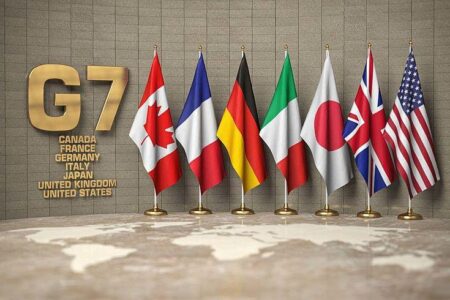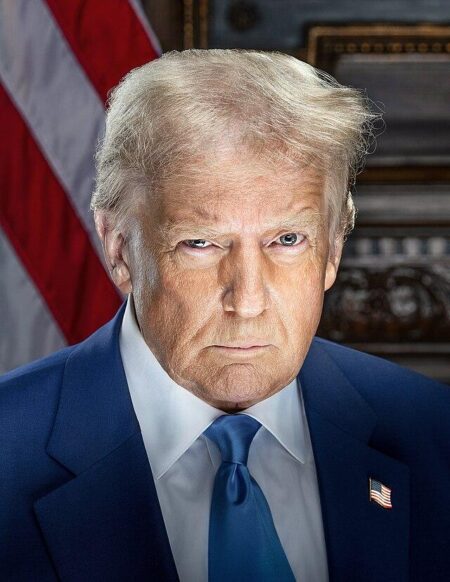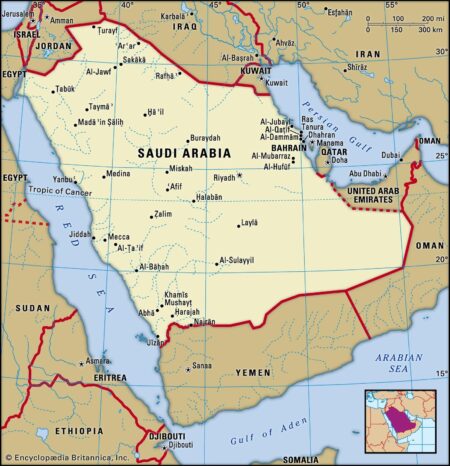Japan is urging G20 nations to step up and take bold action to stabilize the increasingly volatile global markets. The Japanese government has raised alarms about the potential fallout from U.S. tariffs, cautioning that these measures could threaten economic recovery efforts around the globe.
Browsing: market stability
In recent discussions, Canada, the current G7 chair, engaged with Japan and the European Union to address concerns over market stability. The talks focused on collaborative strategies to bolster economic resilience amid global uncertainties, signaling a unified approach.
In the wake of escalating trade tensions, former President Trump must remember the core issues that drove his election: American voters prioritize economic stability and affordable prices. A trade war could jeopardize those gains, alienating the very supporters he needs.
France has put forward proposals to reform the European Union’s carbon market, aiming to enhance stability and drive more effective emissions reductions. The changes seek to address market volatility and ensure a more predictable framework for businesses.
The UK government is prioritizing pragmatic trade solutions over retaliatory tariffs in its dealings with international partners. However, officials emphasize that all options remain on the table as they navigate complex economic challenges.
Saudi Arabia, Russia, Iraq, the UAE, Kuwait, Kazakhstan, Algeria, and Oman have reaffirmed their commitment to maintaining oil market stability. This collective pledge aims to support a healthier outlook for global oil prices amid ongoing economic challenges.
Canada and the EU are intensifying efforts to diversify trade relationships amid increasing U.S. threats to economic stability. Both regions aim to strengthen partnerships and reduce reliance on any single market, fostering resilience in global trade dynamics.







